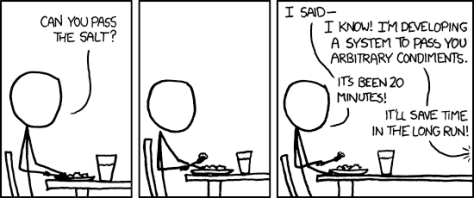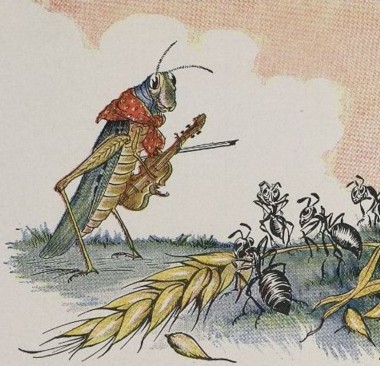Subscribers to this blog may know that while I teach Computer Game Programming, I’ve had a long involvement in plagiarism in Academia, mostly through sitting on various national committees as well as actively campaigning for understanding why it occurs, rather than just blindly penalising it. Plagiarism is more of a hobby* than an actual research area for me, but through accident as much as design I have been in a position to influence the attitude of fellow teachers throughout the World. So, this article by @dantheduck, “Plagiarism as a moral choice”, which looks at the real world pressure to “clone” the work of others, is the collision of two normally separate worlds:
http://www.lostgarden.com/2011/11/plagiarism-as-moral-choice.html?m=1
A Servant of Two Masters
The allusion to copying prior to it being considered a “crime” was/is refreshing. It brings home to me the value of working with creative “clay” rather than descriptive “pen” for assessment:
A) it’s hard to plagiarise an assignment when you are building rather than writing, and easy to spot copying when under the process of creation is missing.
B) it’s impossible in the medium to not encode traditional interactions, so novelty stands out, but competent copying is itself an achievement.**
C) on a vocational course – increasingly en vogue with this Government – competence is preferable to creativity for employers at least.
In the game industry, copying is difficult and is financially, if not morally, superior. There have been few legal battles over stolen content, ideas, techniques, compared to Art, Film and Literature. Creativity seems to be when copying produces better results than the original. The question is not whether but how much to copy.
It’s not theft it’s reuse
There is far more “recycling” in this industry than many others. Partly this is perceived as market-driven – as The Jam lyrics claim, “The Public wants what the Public gets!” – and in part is technical; film companies don’t tend to need to re-implement cinemas each time they make a movie. However, code reuse, if not level design, should be encouraged. And predictable user expectations for interaction – WASD anyone? – make game play straight-forward; there isn’t a BookFAQs web site explaining how to proceed with Lord of the Rings P1 by “turning the page and starting at the top of page 2” as far as I know.
Is the 90/10 copied to new ratio an extreme example of “standing on the shoulders of giants” ?
* I’ve tried to keep away from becoming a mainstream plagiarism researcher because I didn’t want to sink into depression.
** I tell my students each year that copying – i.e. reproducing in their own code – Miamoto’s 6502 assembler implementation of Mario’s jump in Super Mario Brothers is the ultimate challenge.



